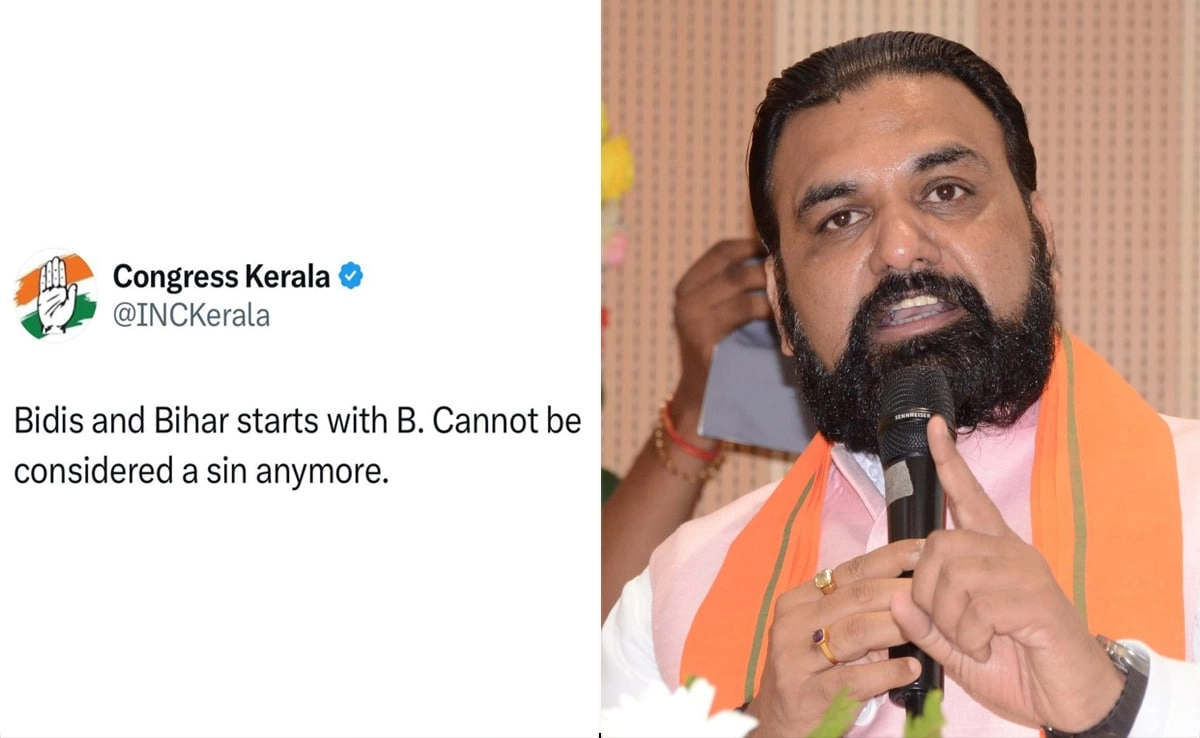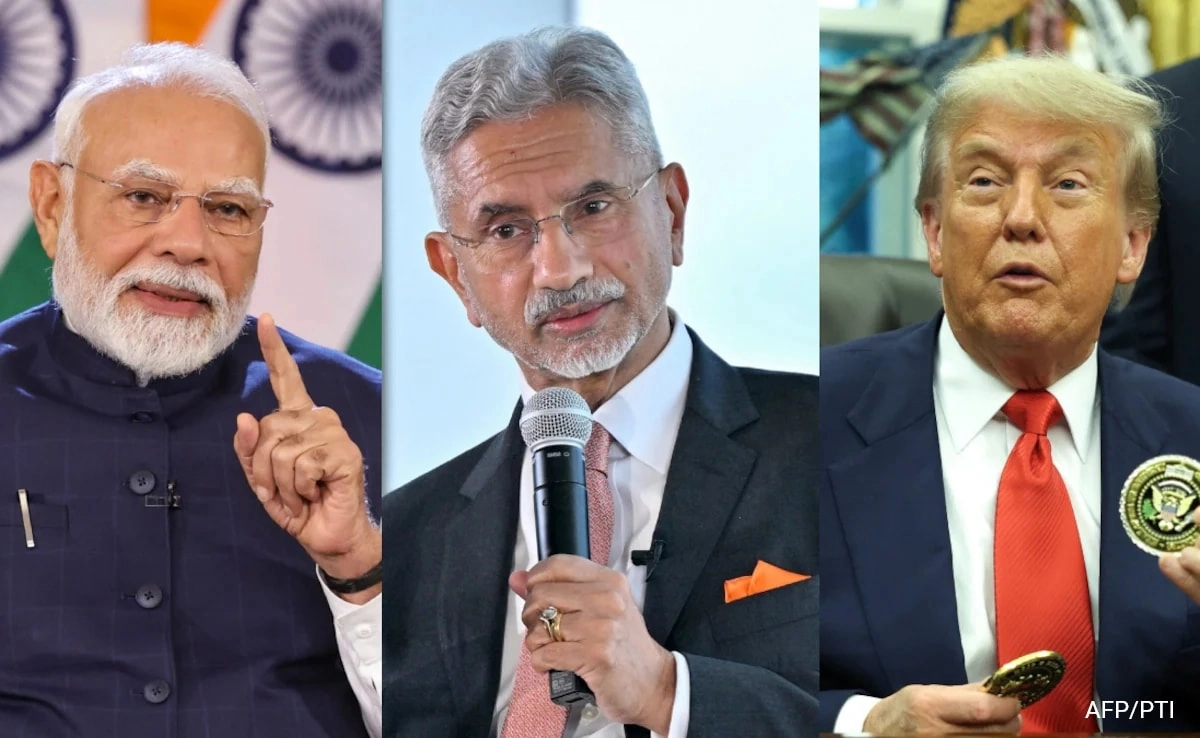The recent social media post by the Congress party regarding Bihar and its traditional bidis has ignited a significant controversy, with the Bharatiya Janata Party (BJP) labeling it an “insult to the entire state.” The post, which was intended to highlight certain issues in Bihar, took a sharp turn when it referenced the local bidi industry, leading to accusations of disrespect towards the state’s cultural identity and economic practices. The BJP has been quick to respond, asserting that such remarks undermine the dignity of Bihari people and their longstanding traditions.
The situation escalated as various political leaders and party workers from the BJP expressed their outrage, emphasizing the importance of bidis not only as a source of livelihood for many in Bihar but also as a part of the state’s heritage. They argue that Congress’s comments reflect a lack of understanding and sensitivity towards the socio-economic conditions prevalent in Bihar. This response indicates the BJP’s strategy to rally support by framing the Congress’s remarks as an attack on the pride of Biharis, thereby galvanizing their base ahead of upcoming elections.
On the other hand, Congress has defended its post, claiming that it was meant to draw attention to broader issues affecting the state, rather than to belittle its people or their customs. Party leaders argue that the BJP is misrepresenting their intentions to divert attention from their governance failures in Bihar. The exchange has not only intensified the political rivalry between the two parties but has also raised questions about the role of social media in shaping political narratives and public perceptions, particularly in a politically charged environment like Bihar.
As the controversy unfolds, it highlights the sensitive nature of regional identities in Indian politics. The use of traditional industries as a focal point in political discourse underscores the broader implications of such discussions, especially in a state where economic livelihood is closely tied to cultural practices. This incident serves as a reminder of the power of language in the political arena, where seemingly innocuous comments can quickly escalate into significant political disputes, depending on the prevailing sentiments and the stakes involved.




